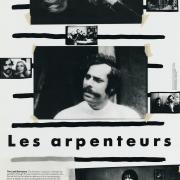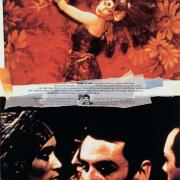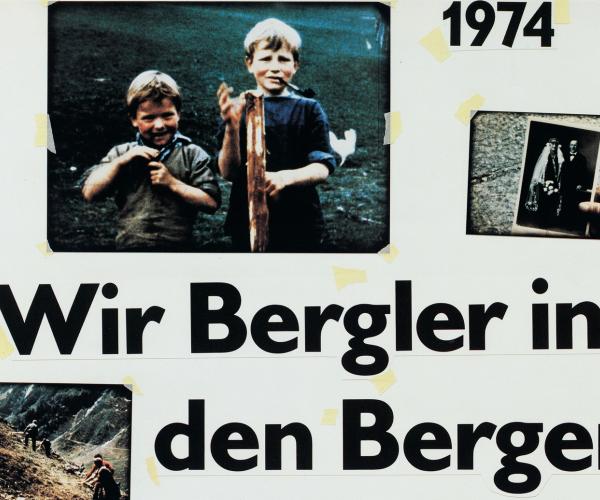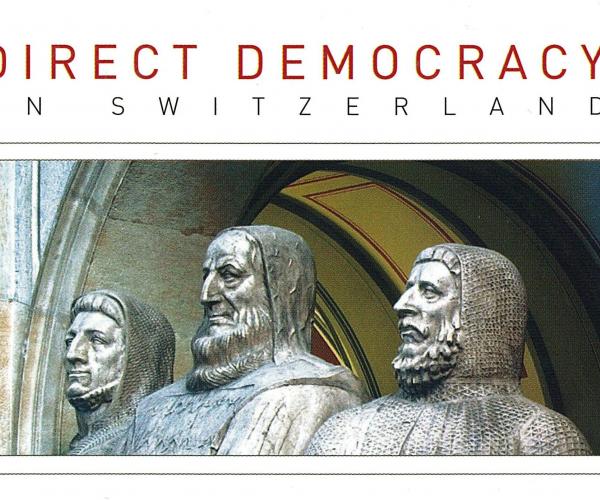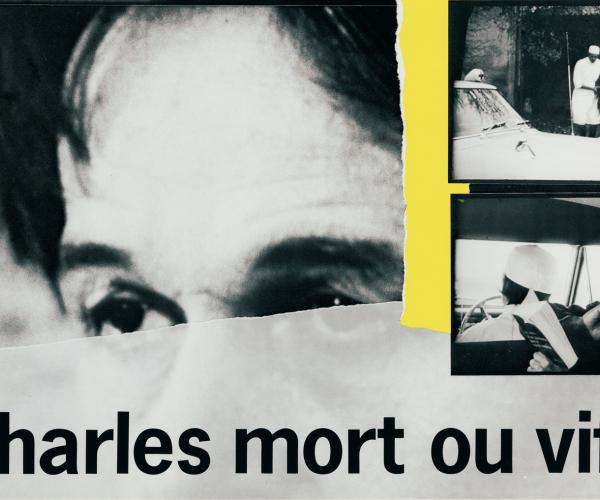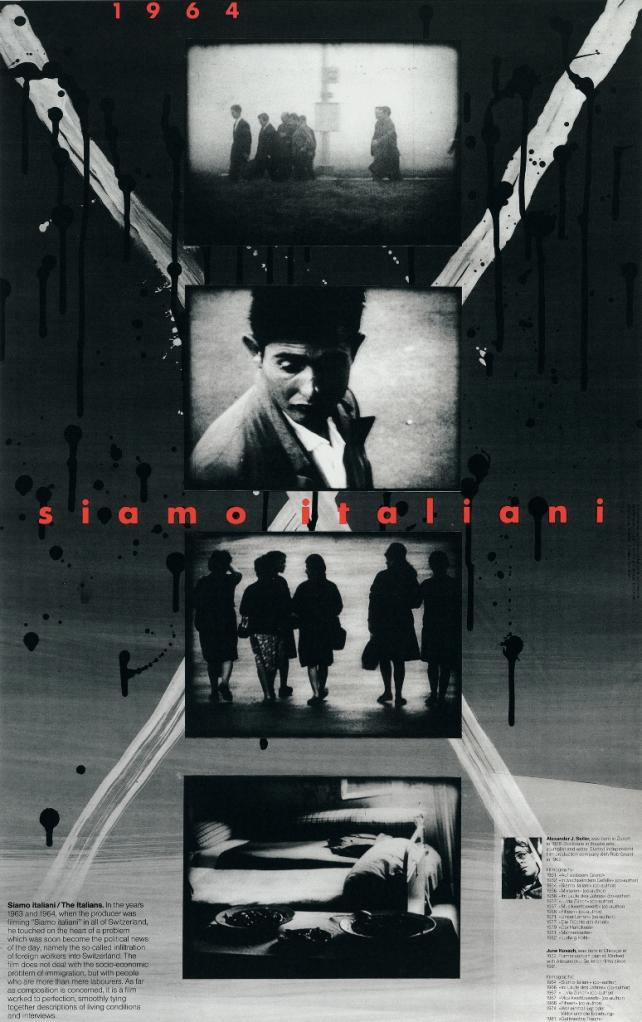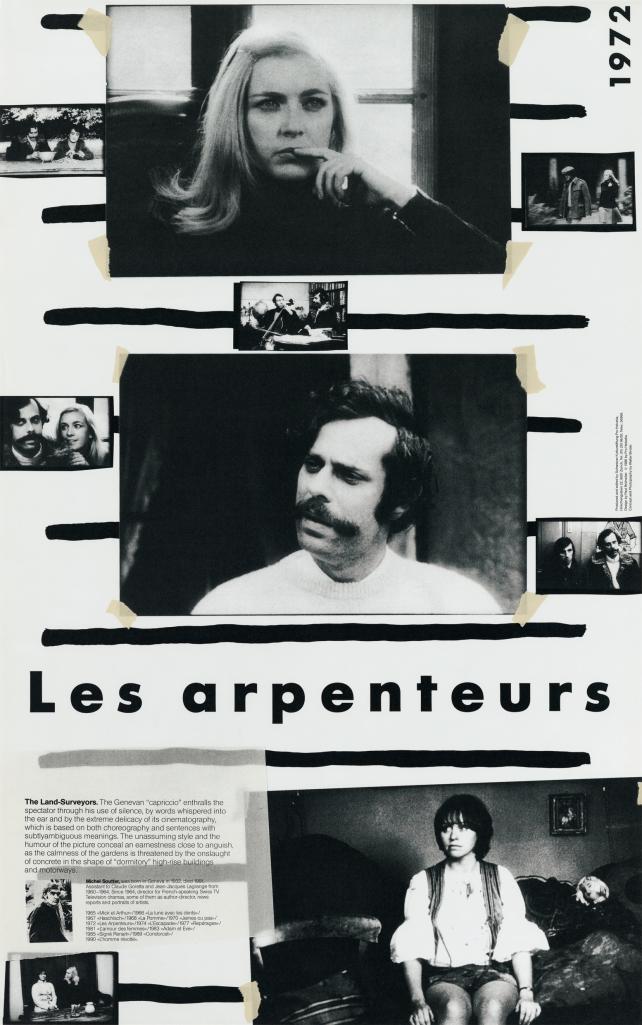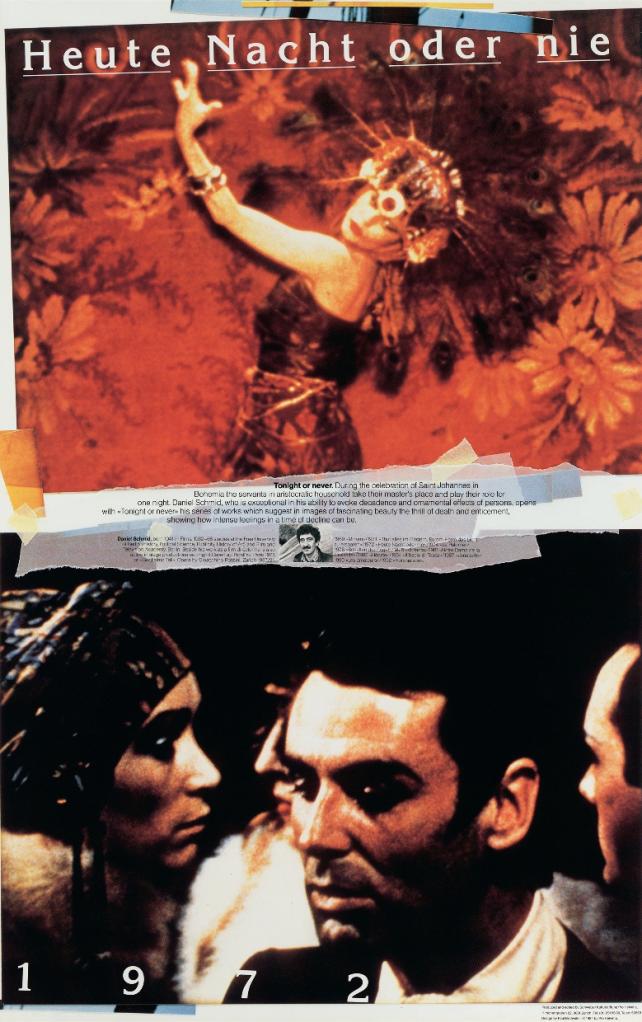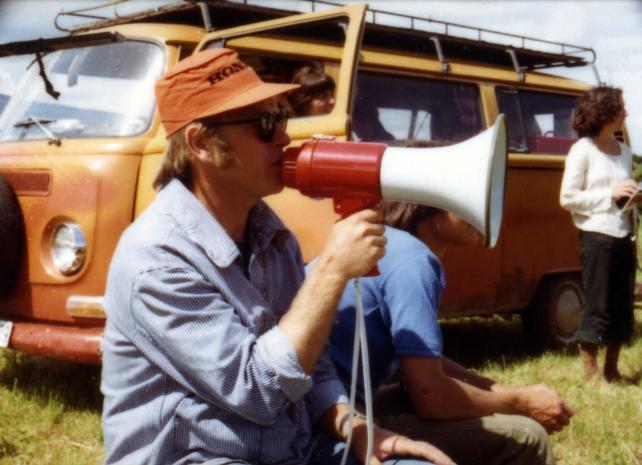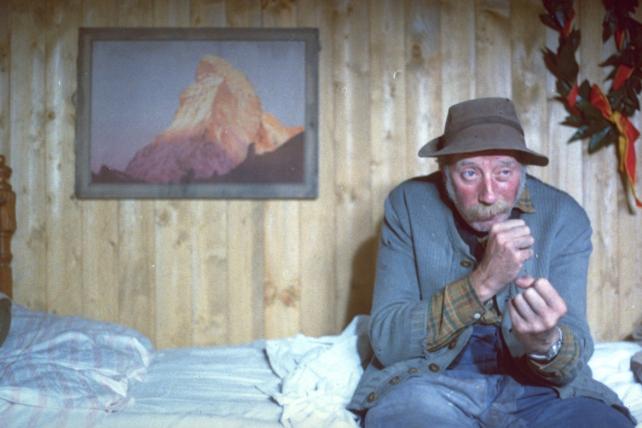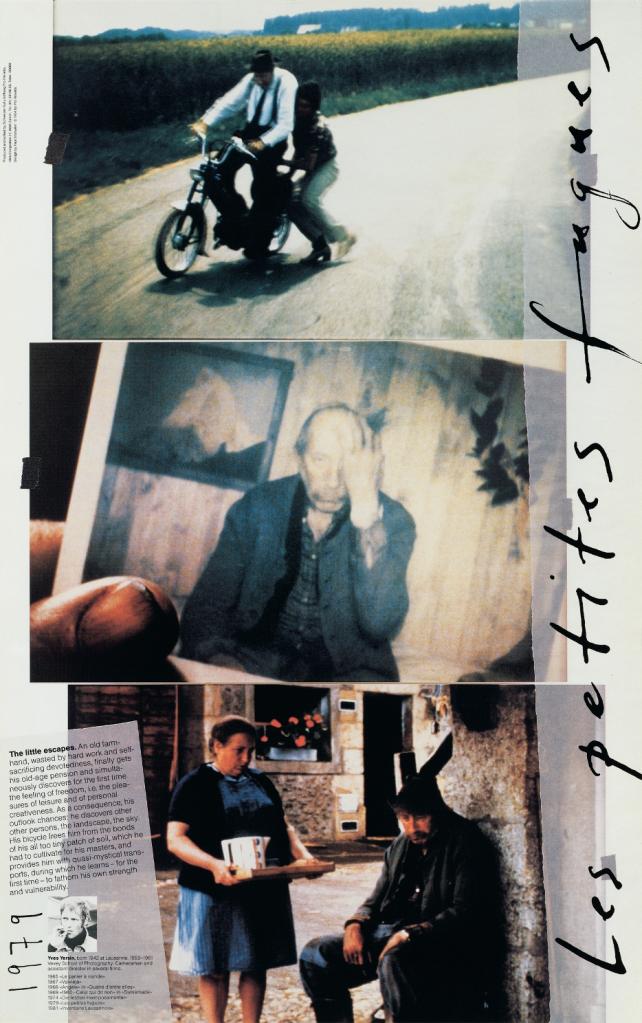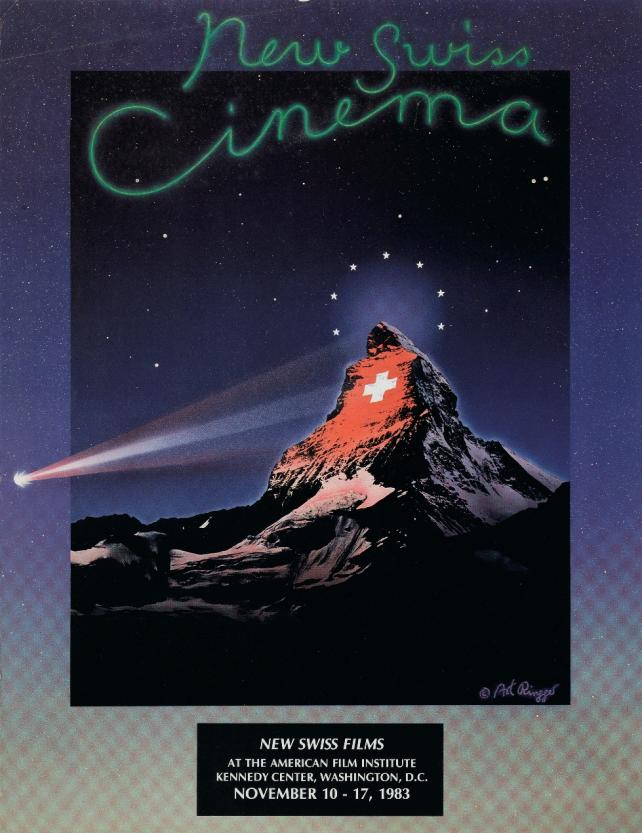The Swiss Film Weeks
During the second half of the twentieth century, none of Pro Helvetia’s projects reached a wider audience than the Swiss Film Weeks. Some time before this kind of event became one of the most important elements in promoting Swiss culture abroad, the first Swiss Film Week was staged in Paris in 1969. Until the late 1980s, film weeks were organised in over three hundred cities on all continents. Along with the general expansion of its cultural outreach to non-Western cultures, Pro Helvetia was able to promote Swiss culture in countries such as Angola, Mozambique, and Indonesia.
The film weeks were initiated in the 1960s and 1970s at the same time when protagonists of the New Swiss Cinema turned its back on the more traditional and patriotic movies of the 1940s and 1950s.
As early as in 1964, Henry Brandt’s short films, produced for the National exhibition in Lausanne, addressed numerous topics, which then became decisive elements for the new era in Swiss filmmaking, such as unease in times of economic boom, immigration, consumer society, ecological problems and Switzerland’s international isolation. The most notable filmmakers of the New Swiss Cinema in the French speaking part of Switzerland were Henry Brandt, Michel Soutter, Alain Tanner, Claude Goretta and Yves Yersin, whose works shared the intent to encourage critical analysis of the here and now.
The international success of the New Swiss Cinema prompted Pro Helvetia to attach more importance to this genre as a means of promoting Switzerland’s cultural influence. So far, the Foundation had limited its activities to the export of documentaries, which in some cases were no more than didactic narratives about Swiss culture.
Soon Pro Helvetia and the Swiss Filmmakers’ Association began a close collaboration, and worked as partners in organising the Swiss Film Weeks. Still harshly criticised in Switzerland for its subversive tendencies, abroad the new Swiss films became a powerful tool for the “demythologisation” of the Swiss Sonderfall. Films shown during Swiss Film Weeks included Siamo Italiani by Alexander Seiler, depicting the precarious lives of migrant workers from Italy, and Die Erschiessung des Landesverräters Ernst S. by Richard Dindo, both films in stark contrast to the image of Switzerland usually propagated abroad.
It is not surprising that the Swiss Film Weeks often met with harsh criticism from Swiss embassies and the Swiss abroad. In 1972, the Consul General in Montreal did not hesitate to scrap all films from the programme of the Swiss Film Weeks, which in his eyes were undermining Switzerland’s reputation.
In 2008, Pro Helvetia handed its film service over to Swiss Films, the producers’ public relations service. In 2012, Swiss Films was subordinated to the Federal Office for Culture and the Swiss Film Weeks were abandoned as an instrument for promoting Swiss Cinema abroad. (tk)
Archive
AFS E2003(A) 1980/85, Vol. 385
Bibliography
Buache, Freddy : Le cinéma suisse, Lausanne, L‘Age d’Homme 1974
Schaub, Martin : L’usage de la liberté : le nouveau cinéma suisse 1964-1984, L’Age d’Homme, Lausanne 1985



